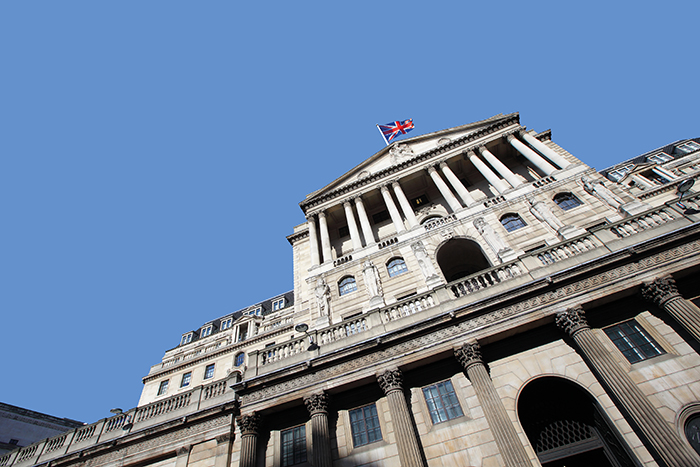
The Bank of England’s outgoing deputy governor says that UK interest rates could be cut this summer if inflation continues to fall.
Ben Broadbent said that the direct effect on inflation of the pandemic and Russia’s war in Ukraine “have now faded,” in a speech delivered at the central bank this morning.
But the Monetary Policy Committee member added is what the central bank’s rate-setting body will have to judge is whether the “second-round effects in domestic prices and wages will take longer to unwind than they did to emerge”.
Broadbent said: “There is a range of views across the committee on this point. In view of the rarity of events like this over the past, and the associated uncertainty about the future, that’s entirely understandable.
“Whatever the priors of its individual members the MPC will continue to learn from the incoming data and, if things continue to evolve with its forecasts – forecasts that suggest policy will have to become less restrictive at some point – then it’s possible Bank rate could be cut some time over the summer.”
Broadbent was speaking ahead of the release of the latest official inflation data on Wednesday, when prices over the year to April are expected to fall sharply from 3.2% to close in on the Bank’s 2% target.
Deutsche Bank forecasts UK inflation will come in at around 2.2% over this period, largely driven by a sharp fall in energy prices.
Money markets are currently betting on a 57% chance that the base rate will be lowered to 5% at the MPC’s next meeting in June, while a cut by August is almost fully priced in.
The base rate has been stalled at a 16-year high of 5.25% since last August. A cut would be the first cut in over four years, with the last reduction coming in March 2020.
Broadbent was in the 7-2 majority when the MPC voted last week to hold the base rate earlier this month.
At the MPC’s last rate decision press conference, Bank of England governor Andrew Bailey said a base rate cut next month was possible but not a “fait accompli”.
Broadbent will leave the MPC after 13 years on the committee following its June meeting. He will be replaced by Clare Lombardelli, the chief economist at the Organisation for Economic Co-operation and Development, on 1 July.



